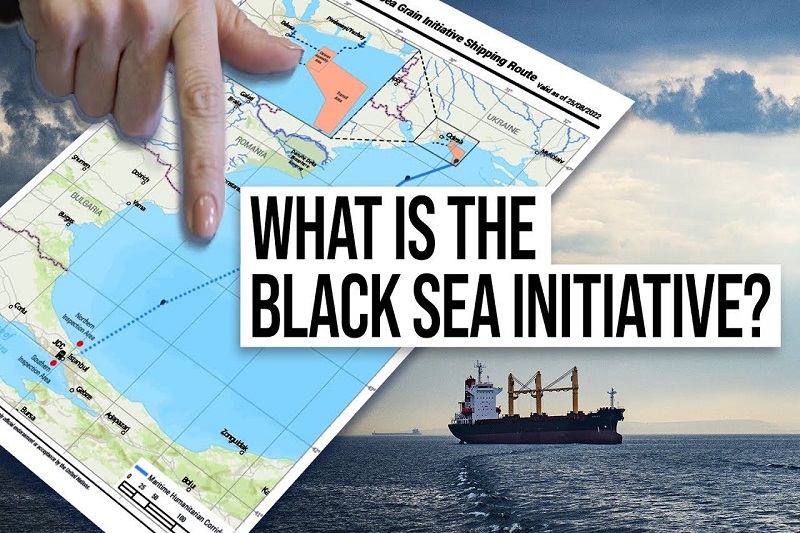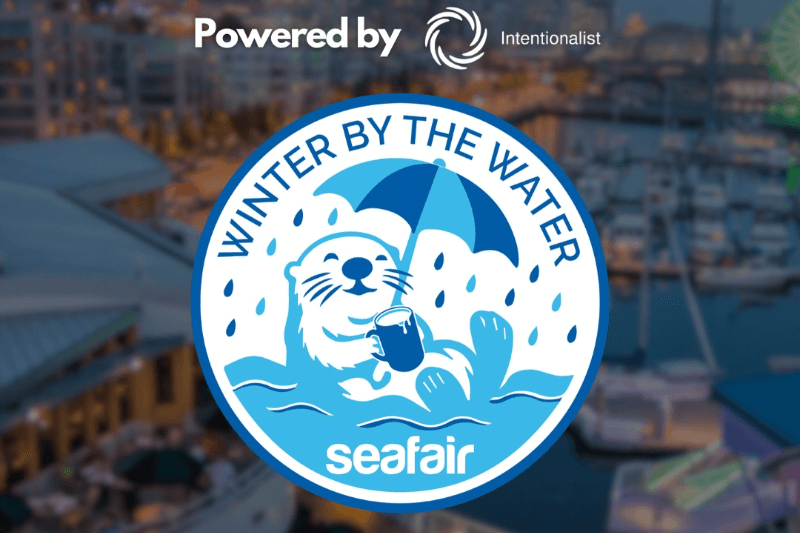
EU Calls for Clear and Unified Voice to Persuade Russia to Reopen BSGI
Last updated on August 5th, 2023 at 02:58 pm
The European Union (EU) has urged G20 countries to help Brussels persuade Russian President Vladimir Putin to the negotiation table for the Black Sea Grain Initiative (BSGI), which was brokered by the UN and Turkey in July 2022.
Moscow walked away from the UN-backed deal late last month because greater Russian agricultural exports were not being honored by the Western nations. The Kremlin said sanctions on Russian goods exports have not been lifted clearly enough.
Joseph Borrell, EU foreign minister, warned Russia’s decision was putting the lives of children and others in war-torn countries and conflict zones at risk. He urged the international community to speak with a clear and unified voice. Ukrainian grain had helped ease the record-high prices.
Not Easy
But Brussels had said that the EU is perfectly capable of exporting all of the grain and other agricultural products backed up in Ukraine. EU Agricultural Commissioner Janusz Wojciechowski said they are ready to export by solidarity lanes almost everything that Ukraine needs to export.
Keep Reading
However, this isn’t easy. Borrell stated in a two-page letter that the termination of BSGI has put everything at risk. The World Food Programme (WFP) will now have to source its grains elsewhere with higher prices and with a longer lead time. “If the international community speaks with a clear and unified voice, Russia might reconsider and resume its participation in this vital initiative. I would like, therefore, to ask for your support in urging Russia to return to negotiations, as well as to refrain from targeting Ukraine’s agricultural infrastructure.” The EU minister reminded the leaders of their shared interest in responsible stewardship of global food security.
Alternative Routes
Lithuania proposed increasing Ukrainian grain exports through Poland to its Baltic port of Klaipeda and four other ports in Estonia and Latvia. These ports are capable of handling 25 million metric tons of grain a year.
The European Commission launched the Solidarity Lanes Action Plan in May 2022 to establish alternative routes for Ukrainian exports via rail, road and waterways, running through Hungary, Bulgaria, Slovakia and Romania. The bloc is looking for new routes to get the Ukrainian grain shipped to Africa and Asia. This route is as proposed by Lithuania. The country’s Ministry of Transport and Communications said the route has been tested several times, but its full potential is far from being tapped into.
It suggested that bottlenecks at the Ukraine-Poland border could be resolved by shifting customs, veterinary and phytosanitary control from there to Baltic ports. However, it should be noted that the immediate direct route from Ukraine to the Baltic ports runs through Belarus. Minsk is a Russian ally, so this option is a “NO”. Klaipeda, through Poland, is the only option.
Another viable route is the Balkans. Frano Matusic, Croatia’s state secretary for political affairs, said Croatia has offered its rail network and ports on the Adriatic Sea as an alternative export route for Ukrainian grain. But Mykola Gorbachov, president of the Ukrainian Grain Association, highlighted that the infrastructure of Europe is technically built in a way that it cannot absorb the amount of grain Ukraine could export.
Ukraine has asked European partners to expand the capacity of the land routes, and received negative feedback. The partners argued that they need to invest billions and they are sure that sooner or later, the war will be over, and these routes will not be needed anymore.




